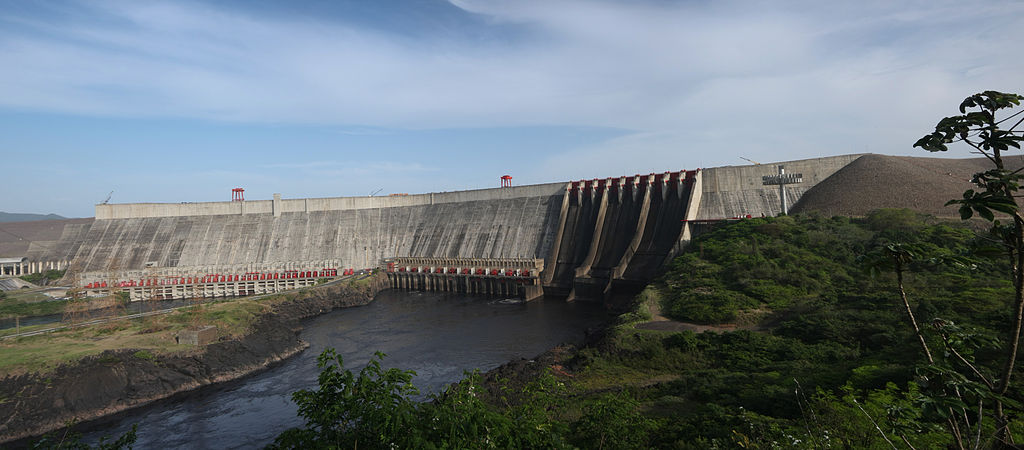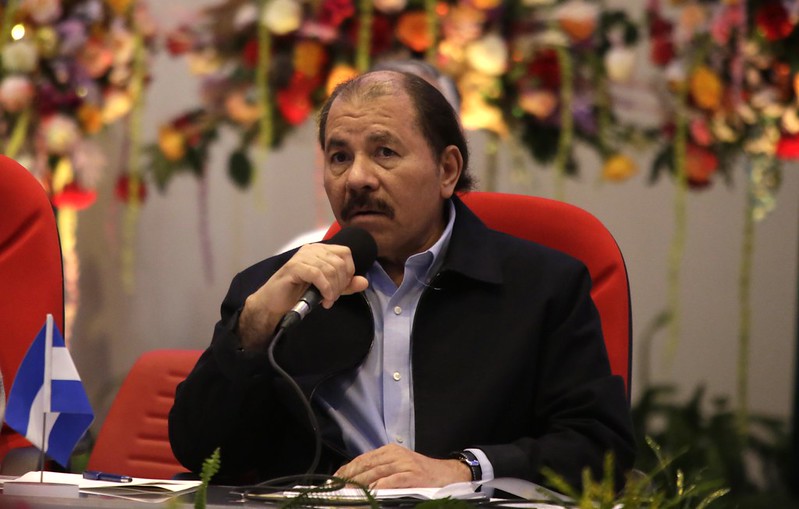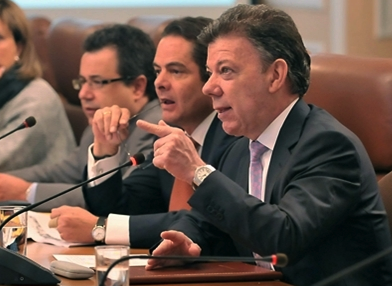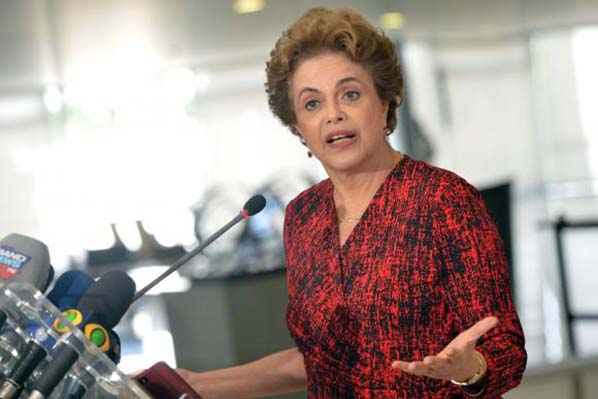
Latin America: Week in Review
Venezuela Extends Shortened Workweeks Amid Energy Crisis
May 10, 2016 By Staff
Top Story — Public sector workers in Venezuela will have two more two-day workweeks as the country’s socialist government attempts to deal with energy shortages caused by a crippling drought affecting the region.
The extra days off are meant to save electricity, but opposition politicians have said that the shortened workweeks will only worsen an economic crisis gripping the country. President Nicolás Maduro had already given some 2.8 million government employees Wednesdays, Thursdays and Fridays off as critically low water levels at the country’s biggest dam have reduced hydroelectric power generation. Monday’s announcement is an indication that energy production hasn’t picked up.
Venezuela relies on hydroelectric dams for the vast majority of its electricity, as do many other countries in the region, making them more susceptible to energy shortages during droughts. This year, the Colombian government considered energy rationing because of low water levels, and last year a historic drought in Brazil caused rolling power cuts.
Many have blamed the current droughts affecting the region on particularly powerful El Niño weather patterns that have caused dry conditions across the world. Critics, however, also say that Venezuela has inadequately invested in energy infrastructure, that energy efficiency needs improvement and that the country should diversify its energy sources.
More frequent and intense droughts have also been linked with climate change and deforestation. As more droughts seem likely in the future, some have questioned whether countries so reliant on hydroelectricity are adequately prepared. In addition to the shortened workweeks, Maduro has already given children Fridays off school, has asked women to cut down on the use of household appliances and changed the country’s clocks by a half hour in an effort to save daylight.
Just Published in Latin America News Dispatch
The acting speaker of Brazil’s lower house announced Monday that the majority vote to impeach beleaguered President Dilma Rousseff has been annulled. LAND’s Cleuci de Oliveira reports on the latest development in Brazil’s political turmoil from the South American nation’s capital, Brasília.
Headlines from the Western Hemisphere
North America
- A Mexican federal judge has ruled that the legal requirements have been met for the extradition of drug boss Joaquín “El Chapo”Guzmán to the United States, but it still needs to be approved by Mexico’s Foreign Relations Department. Lawyers for Guzmán could then delay or attempt to stop the extradition in an appeal.
- A Vice News report profiles the women of Mexico City who are organizing to prevent gendered violence and sexual harassment on the city’s streets and public transit. It is estimated that nearly two-thirds of women over 15 in the city have suffered some form of violence and that 300 to 350 assaults happen there every day.
- The federation of Egyptian tourism agencies has agreed to pay $140,000 each to three of the eight families of victims killed by Egyptian security forces in September of 2015 who reportedly mistook the tourist vehicle for ISIS fighters as they made their way to sightsee in the country’s Western desert.
Caribbean
- U.S. Treasury Secretary Jacob Lew toured an elementary school in San Juan, Puerto Rico along with the territory’s governor during his one-day trip to better understand the effects of the island’s debt crisis on daily life.
- T-Mobile has made a deal with Cuba’s state-run telecommunications company to allow its customers roaming access in the country beginning this summer, the third wireless provider to make such an agreement.
Central America
- The Salvadoran Environmental Ministry has declared a three-month emergency after nearly 900,000 gallons of molasses spilled into a river near the Guatemala border threatening wildlife and water potability.
- Panamanian President Juan Carlos Varela announced that his country would close its border with Colombia to prevent the passage of Cuban migrants seeking to gain passage to the United States, in a move that comes just days after Panama agreed to fly some 3,500 stranded Cubans to northern Mexico.
Andes
- In order to expand Bolivia’s three major thermoelectric plants, the country has hired German industrial group Siemens to undertake the $1.17 billion project.
- The Guardian interviews two Colombian social activists about their expectations for the upcoming peace agreement between the FARC and the government, and how the country’s most vulnerable communities are still being exposed to violence.
- Ccaccaccollo village in Peru is home to an initiative led by women who run a market where ancient weaving techniques are preserved and their traditional way of life is conserved after it was threatened by the massive tourist boom of the 1990s and devastating floods in 2010.
Southern Cone
- Argentina’s President Mauricio Macri announced Monday he will be suspending further layoffs for 90 days after having struck a deal with local businessmen. The decision came after a wave of private and public sector layoffs swept across the country, a measure the president said was necessary to curb government spending and jumpstart the stagnant economy.





